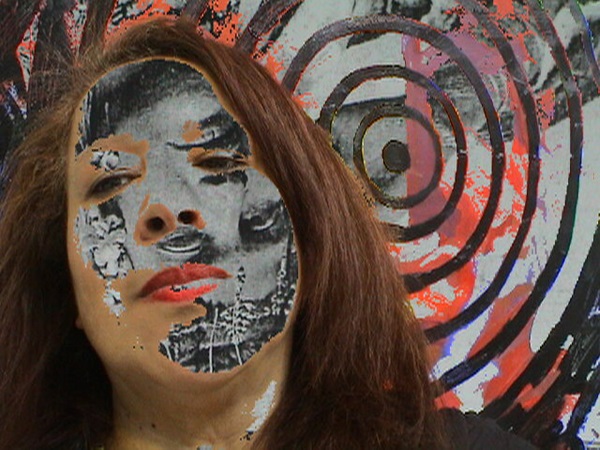Teen Brides, Migrant Husbands and Religious Schooling
An Analysis of Young Women’s Experiences of Marriage and Schooling in Rural Bangladesh
DOI:
https://doi.org/10.31273/fd.n6.2022.746Abstract
In many Muslim communities across South Asia, children and adolescents access education through religious institutions such as madrassa. When analysing the impact of madrassa on gender equity and empowerment, many scholars downplay feminist criticism of these institutions on the basis that even non-religious schools promote traditional gender roles in the global south. Some research on Bangladesh explains that ‘modernised’ or government-recognised madrassa, where students learn secular academic topics in addition to Arabic and Quranic verses, help boost female educational attainment in conservative communities. In addition, scholars often resist criticism of madrassa and other local practices such as early marriage in the name of understanding non-Western norms and ideals. Based on ethnographic fieldwork in remote villages of northern Bangladesh, this paper analyses the impact of religious schooling on young women’s everyday lives and perspectives through the experiences of young brides who are married to labour migrant men. Some of these brides have attended secular school while others have attended traditional madrassa, and I attempt to understand how their educational backgrounds have informed their views on marriage and gender roles. In this article, I contest the claim that religious schooling and early marriage can facilitate rural women’s agency. I argue that advocating for modernised madrassa is problematic, unless the conflicting impacts of unrecognised/traditional madrassa on women’s agency are acknowledged.
Downloads

Downloads
Published
Issue
Section
License
Copyright (c) 2022 Marzana Kamal

This work is licensed under a Creative Commons Attribution-NonCommercial-ShareAlike 4.0 International License.
Authors who publish with this journal agree to the following terms:
- Authors retain copyright and grant the journal right of first publication with the work simultaneously licensed under a Creative Commons Attribution Non-Commercial Share Alike License that allows others to share the work with an acknowledgement of the work's authorship and initial publication in this journal, providing it is not used for commercial purposes and any derivative work is shared with the same license.
- Authors are able to enter into separate, additional contractual arrangements for the non-exclusive distribution of the journal's published version of the work (e.g., post it to an institutional repository or publish it in a book), with an acknowledgement of its initial publication in this journal.
- Authors are permitted and encouraged to post their work online (e.g., in institutional repositories or on their website) prior to and during the submission process, as it can lead to productive exchanges, as well as earlier and greater citation of published work (See The Effect of Open Access).
